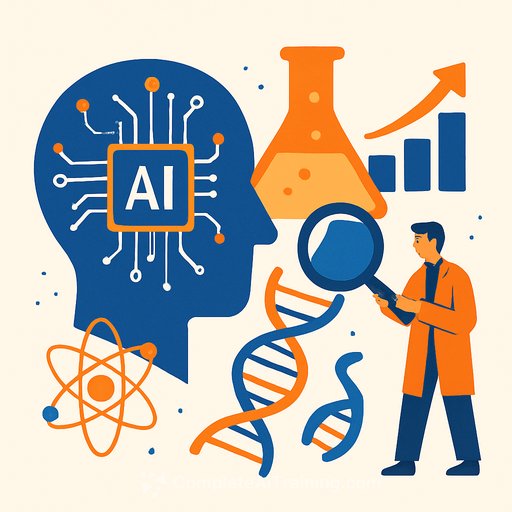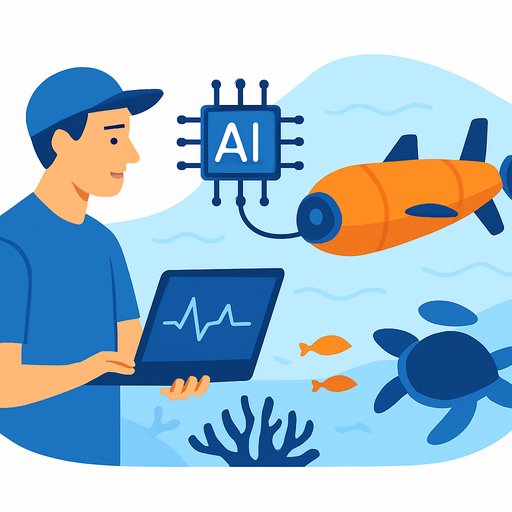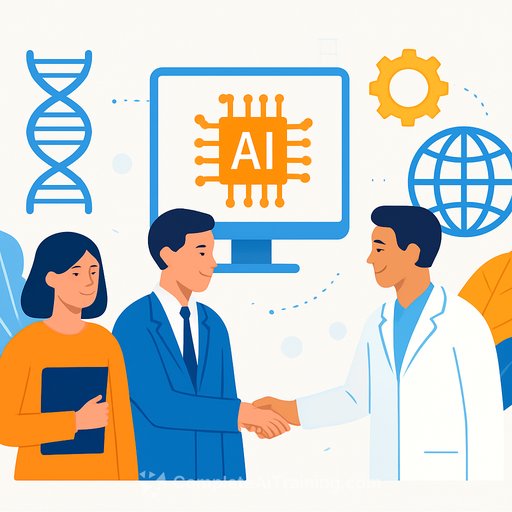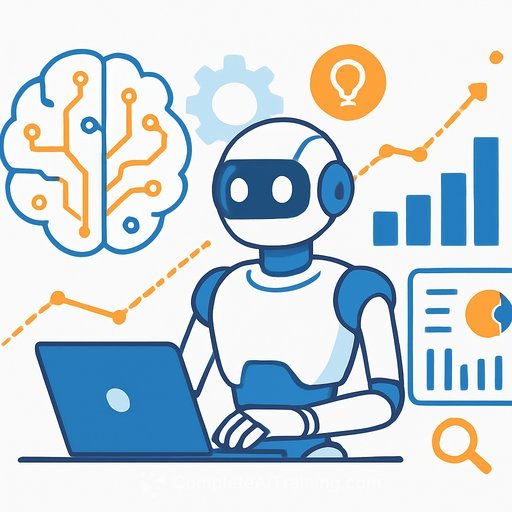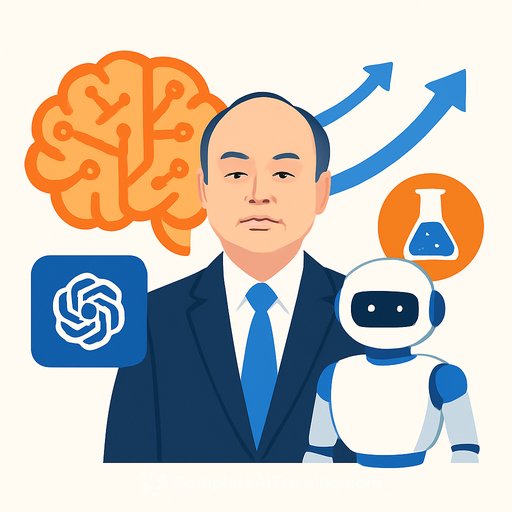Can AI Accelerate the Scientific Process?
Microsoft believes it can. At its Build 2025 conference, the company introduced Microsoft Discovery, a platform leveraging agentic AI to transform scientific research. According to Microsoft, this tool handles various science-related tasks from start to finish, aiming to speed up discovery.
The platform supports a collaborative approach, allowing scientists to work alongside specialized AI agents. These agents assist with knowledge reasoning, hypothesis generation, candidate identification, simulation, and data analysis. The goal is to improve the speed, scale, and accuracy of research outcomes using AI and supercomputing technologies.
AI’s Growing Role in Scientific Research
Microsoft isn’t alone in betting on AI for science. Earlier this year, Google introduced an “AI co-scientist” to help with hypothesis creation and research planning. Other companies like Anthropic, OpenAI, FutureHouse, and Lila Sciences also promote AI’s potential to accelerate scientific discovery, particularly in medicine.
Despite this optimism, many researchers remain skeptical. Current AI systems often struggle with reliability, and the scientific process involves numerous unpredictable factors. AI can be useful for exploring large datasets or narrowing down options, but its ability to generate truly novel insights or breakthrough solutions is still uncertain.
Mixed Results So Far
AI’s track record in science has been uneven. For example, Google’s AI system GNoME reportedly helped synthesize around 40 new materials in 2023. However, independent reviews found that none of these materials were actually new. In drug discovery, companies like Exscientia and BenevolentAI have faced setbacks with clinical trial failures despite using AI tools.
Microsoft’s latest effort with Discovery aims to improve on these outcomes. Whether it will succeed where others have fallen short remains to be seen, but the platform’s comprehensive approach suggests a more integrated use of AI in research workflows.
What This Means for Researchers
- AI platforms like Microsoft Discovery offer new ways to collaborate with technology, potentially reducing time spent on routine tasks.
- Scientists may find AI helpful in hypothesis generation and data analysis, especially when managing large or complex datasets.
- Expect AI to complement rather than replace human creativity and critical thinking in research for the foreseeable future.
As AI tools continue to evolve, staying informed about their capabilities and limitations is key. For researchers interested in practical AI applications and training, resources such as Complete AI Training’s latest AI courses provide useful guidance on integrating AI into scientific workflows.
Your membership also unlocks:

